
Dr. Benjamin Tallis
Share
Publications
In the media
Media Center
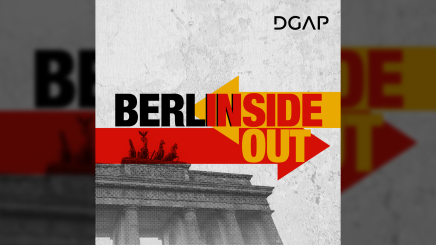
Audio Stream
Stop Self-Deterring! – TallinnsideOut – Talk of the Town from the Lennart Meri Conference
BerlinsideOut
Episode
26
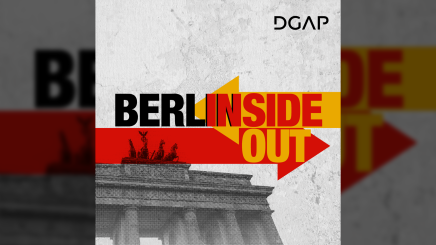
Audio Stream
We Win, They Lose – TallinnsideOut – Talk of the Town from the Lennart Meri Conference
BerlinsideOut
Episode
25
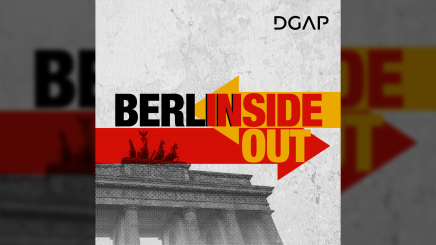
Audio Stream
Chip War: Mastering Tech, Geopolitics & the China Challenge
BerlinsideOut
Episode
24
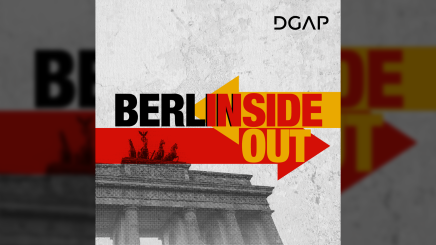
Audio Stream
Germany’s Wealth, Power – and its Limits: Economic Miracles, Imperialist Hangovers, and the "End of History"
BerlinsideOut
Episode
23
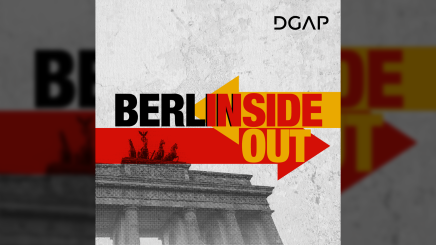
Audio Stream
A Strategic Deficit with German Characteristics: Why Berlin Struggles to Move Beyond the Zeitenwende
BerlinsideOut
Episode
22
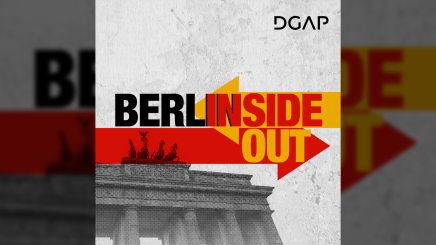
Audio Stream
"Our Enemies Will Vanish" – Does the West Still Underestimate Ukraine and Overestimate Russia?
BerlinsideOut
Episode
21





